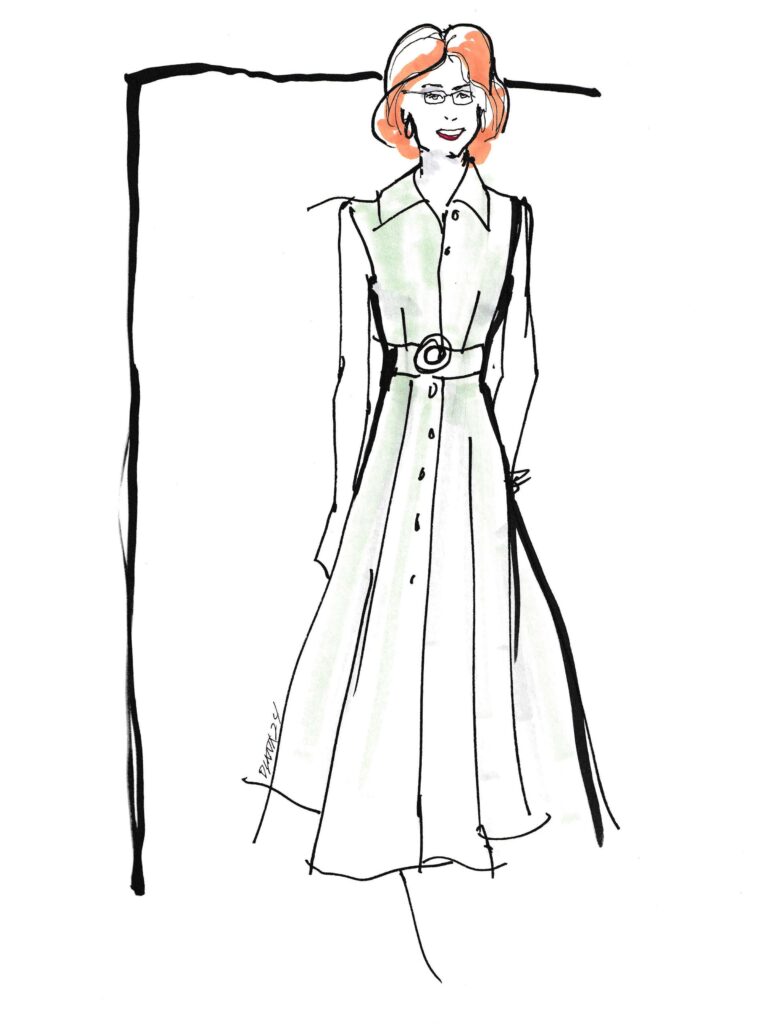In today’s world, communication is more complex than ever, especially when it comes to gender and political issues. Two key concepts that play a big role in how we connect and interact with others are perception and perspective. Understanding these can help us bridge divides and overcome polarization.
Perception in Communication
Perception is about how we interpret the world around us through our senses. It’s like putting on a pair of glasses that color everything we see.
In communication, perception affects how we understand what others are saying. For example, when someone speaks, we rely on not just their words but also their tone and body language.
If someone speaks passionately about a political issue, we might perceive them as aggressive or simply passionate, depending on our own perception filters. This becomes even more difficult when online and body language and other non verbal cues are not available.
Perspective in Communication
Perspective, on the other hand, is our personal point of view. It’s shaped by our experiences, culture, and values.
Think of it like a lens with which we view our world. When it comes to gender and politics, everyone brings their own unique perspectives to the table.
A person’s gender identity or political beliefs can significantly influence their viewpoint and how they communicate those views to others.
The Intersection of Perception and Perspective
When people communicate about gender or political topics, their perceptions and perspectives can either clash or complement each other.
For example, a message about gender rights might be perceived very differently by someone who has experienced gender discrimination versus someone who hasn’t. Similarly, political messages can be divisive depending on individual perspectives shaped by different political ideologies.
Overcoming Polarization
To overcome polarization, it’s important to recognize and respect both perception and perspective.
Here are a few tips:
1. Listen Actively: Try to truly understand where the other person is coming from. Ask clarifying questions and listen to both their words and the emotions behind them.
2. Open Your Mind: Be willing to see things from another’s perspective. This can be challenging, but stepping into someone else’s shoes can reveal valuable insights.
3. Communicate Clearly: Be aware of how your own perceptions might affect your communication. Strive for clarity to minimize misunderstandings.
4. Find Common Ground: Even when perspectives differ, there are usually shared values or goals. Focus on these commonalities to build connections.
5. Respect Differences: Respecting different perceptions and perspectives doesn’t mean you have to agree. It simply means acknowledging and valuing another’s viewpoint.
The breakdown of a chat on a post can breakdown easily because its impersonal and intent is difficult. Going into it knowing the five points gives it a chance to be constructive instead of eventually hurling insults which is the total breakdown of communication.
By understanding that everyone comes to the table with different perceptions and perspectives, and by practicing empathy and clear communication, we can navigate the challenging waters of gender and political discussions.
This approach can lead to more constructive conversations, reducing polarization and building stronger, more inclusive communities.
Dr. Gwen Patrone














2 Responses
Gwen,
Understanding your perception and the eventual perspective is obviously a very personal ideal and what influenced you during your life . The subject applies to far more than gender or politics it is what basically shapes us as individuals , how we were raised , what type of school and what occupations we finally chose . Sometimes it’s easy to see why some people are narrow minded and bigots , perhaps we shouldn’t excuse them for not knowing better , we all have the opportunites to broaden our minds .
I consider myself very lucky to have been a professional photographer for many years , it’s far deeper than just taking a few snaps . I dealt with people from all walks of life not only in social photography ( weddings and portraits ) but also industry , military and at times politics . At times my perception was limited , many situations meant I had to do some homework . I had to know about the person and often the place , going with pre-conceived ideas could be an mistake . I had to be open minded about perspective because I know many people react differently in front of a camera , the fact you instantly like or dislike a person has to be overruled . I felt I was gifted in working round my prejudices otherwise I wasn’t going to get the best out of the situation , it doesn’t mean I didn’t have opinions or was afraid to voice them the art is knowing the right time and place which the mistake many make often intentionally .The internet is rife with that and it isn’t getting any better , there’s so much courage shown on the yeyboard that has no substance , we should treat them as just crap we can easliy walk away from but sadly many don’t !
Your five points are interesting , I would like to add a word of advice from my own experience . If you do have hearing problems swallow your pride and accept hearing aids , I had a period of problems with communication because I refused the fact I needed them , I can’t overstate how your world can change when you can hear it clearly .
I understand and try and exercise your points but sadly my wife couldn’t or wouldn’t , my perceptions and perspectives are so different now I’m Teresa .
Unfortunately there are people who will never accept our community. That’s their opinion. I really don’t care what strangers think of me. My family and close friends are who I care about their feelings.